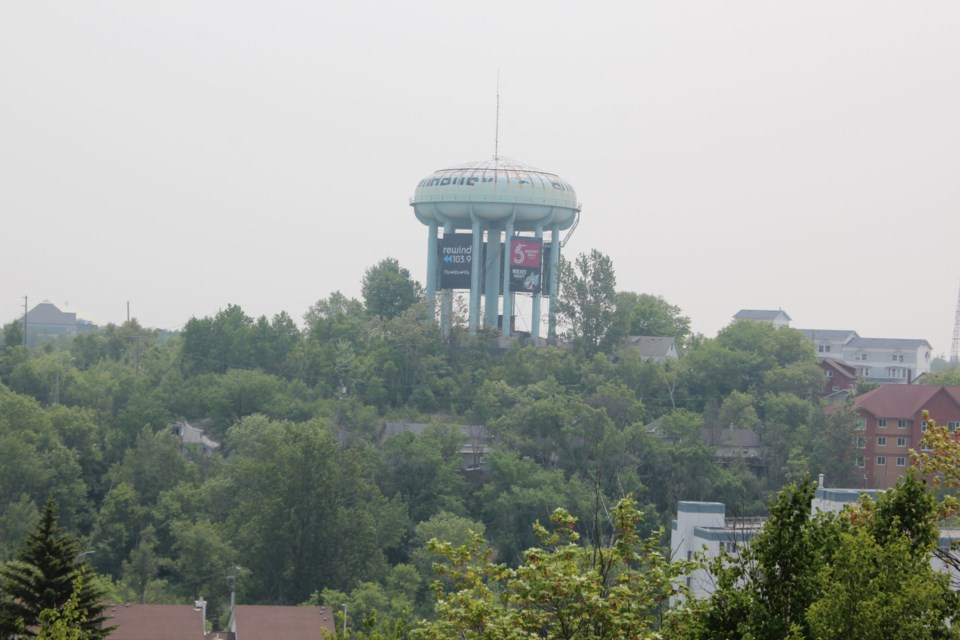Another special air quality statement has been released by Environment Canada which said "high levels of air pollution have developed due to smoke from forest fires."
The air quality statement was issued for Greater Sudbury and vicinity as of 1:33 p.m. Monday. The statement said the smoke plumes from Northern Ontario forest fires and well as smoke from some Quebec forest fires have significantly deteriorated air quality.
The region was under a similar advisory all weekend.
Air quality and visibility due to wildfire smoke can fluctuate over short distances and can vary considerably from hour to hour. Wildfire smoke can be harmful to everyone’s health even at low concentrations. Everyone can take action to reduce their exposure to wildfire smoke, said the statement.
On Sunday, Ontario's Ministry of Natural Resources and Forestry reported there were roughly 30 known wildfires burning out of control in Northeastern Ontario.
The Environment Canada statement coincides with a similar statement released on the weekend by Public Health Sudbury and Districts (PHSD), which reminded the public that forest fire smoke can impact people's health, even at very low levels.
"Smoke from wildfires is a mixture of gasses and fine particles from burning trees and plant materials. The smoke releases many contaminants into the air, such as fine particulate matter, nitrogen oxides, carbon monoxide, and volatile organic compounds," said the public health statement.
PHSD also said most healthy adults and children will recover quickly from smoke exposures and will not suffer long-term consequences. However, older adults, pregnant people, infants and young children, people who smoke, people who work outdoors, people involved in strenuous outdoor exercise, and people with respiratory or cardiovascular conditions may experience more severe short-term, as well as long-term chronic symptoms from smoke exposure.
Milder and more common symptoms of wildfire smoke exposure include mild cough, headache, and eye, nose, and throat irritation. These symptoms can typically be managed without medical intervention.
The Environment Canada statement said the pool air quality in the Sudbury area is expected to last throughout the day.
